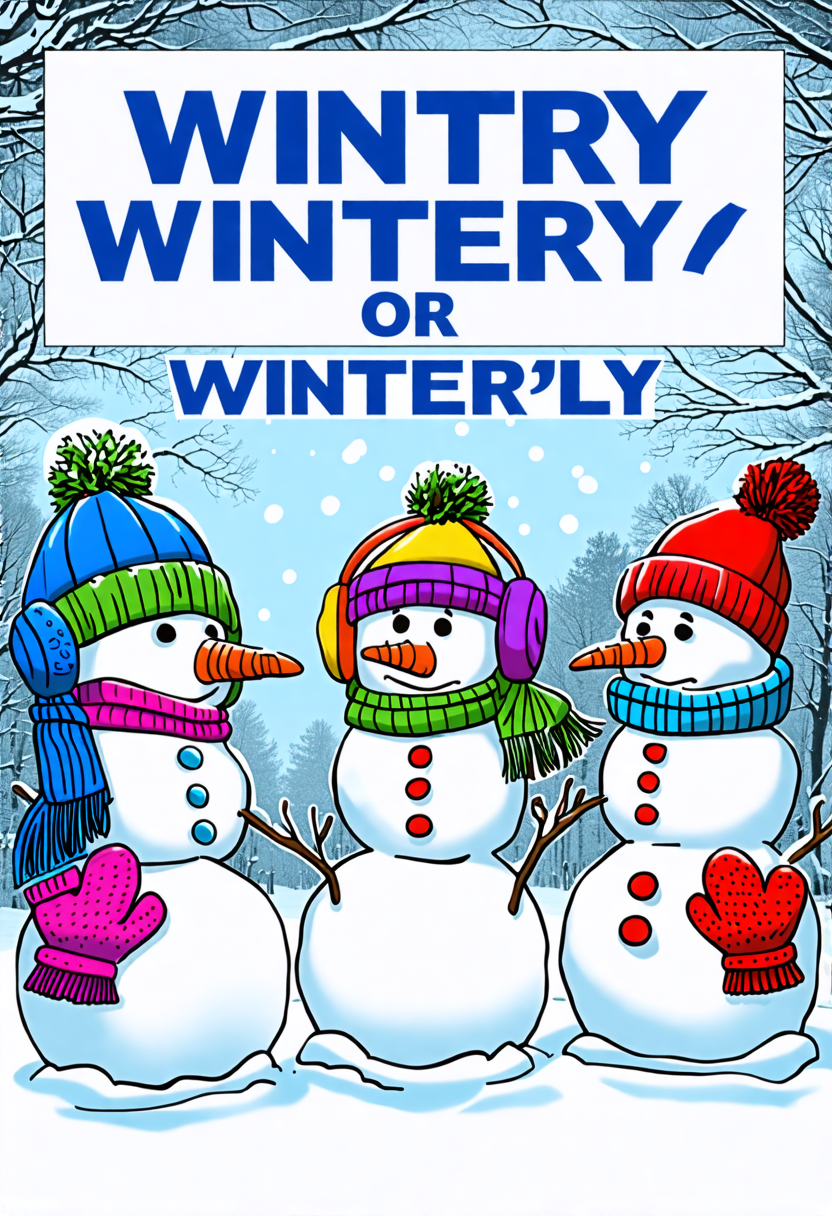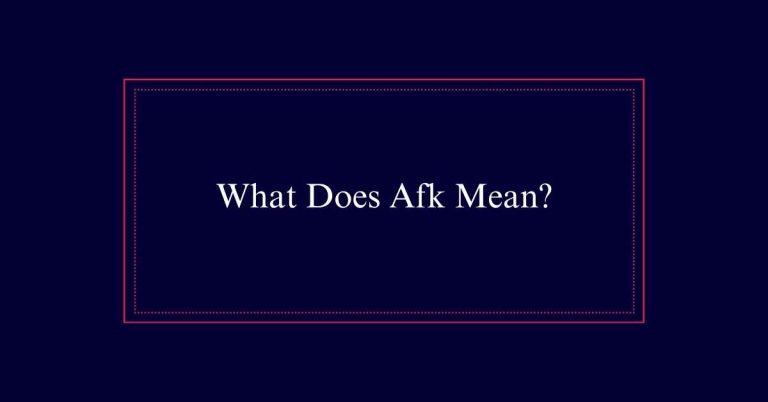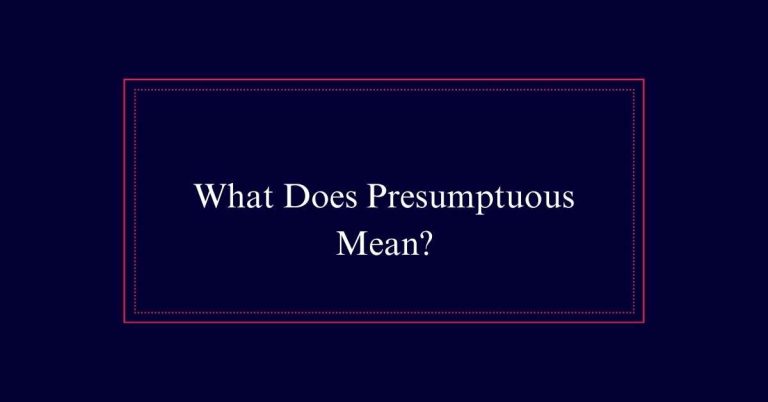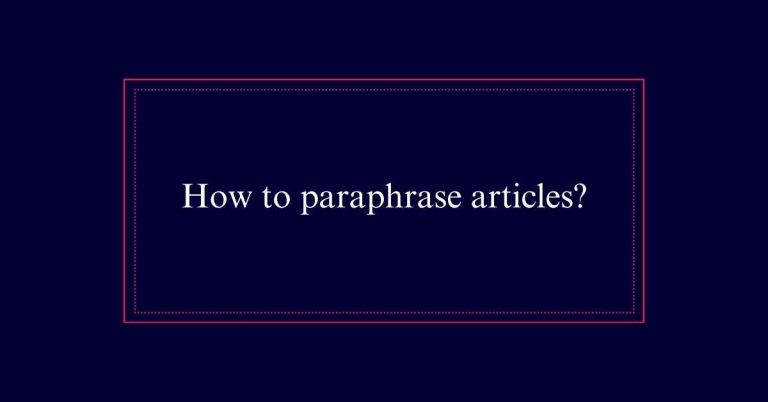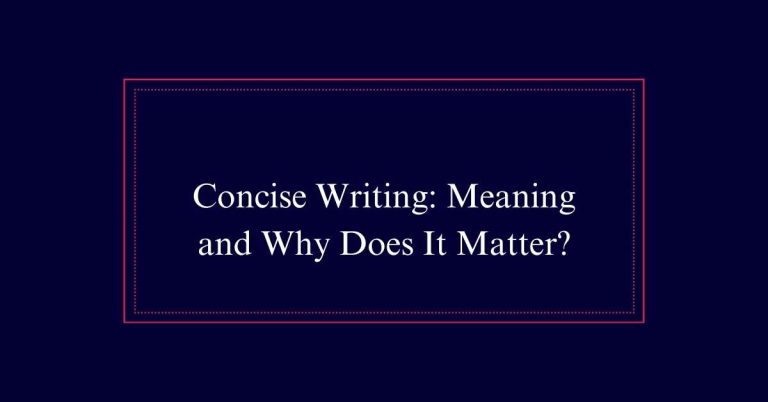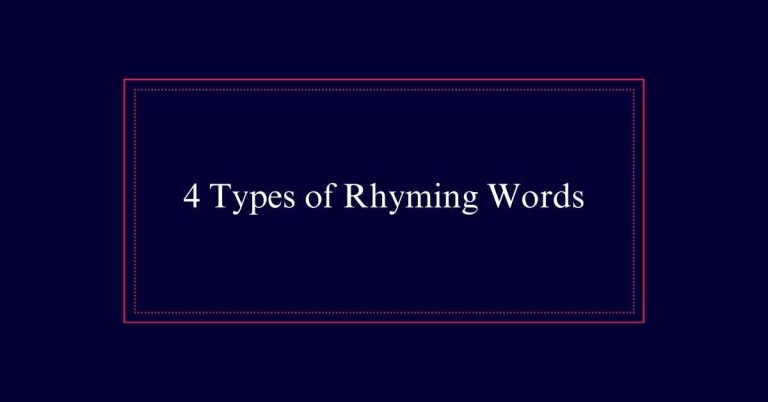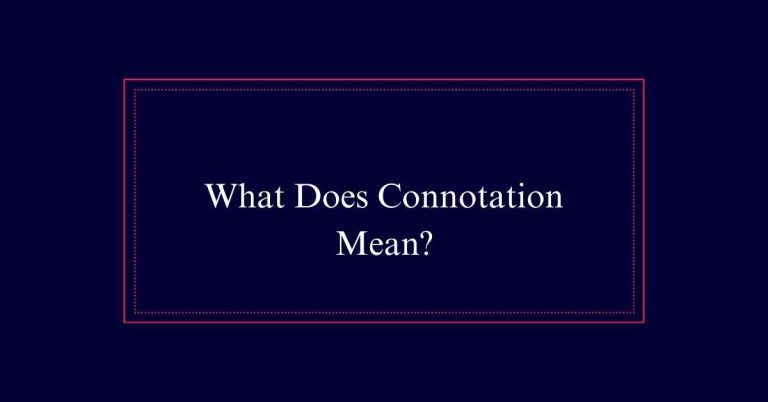Wintry, Wintery, or Winterly?
The term “wintry” is the most correct and commonly accepted to describe conditions or attributes typical of winter, such as cold or snowy weather. “Wintery” is sometimes used interchangeably with “wintry,” but it is less standard. “Winterly” is the least common and carries a more poetic tone.
Definitions of Each Term
The terms ‘wintry,’ ‘wintery,’ and ‘winterly’ each describe different aspects of winter-related conditions.
‘Wintry’ refers to anything relating to the characteristics of winter, such as cold, snowy, or harsh weather. It is often used to describe weather phenomena or landscapes that embody the essence of winter.
‘Wintery,’ on the other hand, implies a resemblance to winter, such as a snowy landscape or atmosphere. It is used when something looks or feels like winter but may not necessarily be in the winter season.
Lastly, ‘winterly’ denotes characteristics typical of winter, particularly cold weather conditions. It is often employed to describe weather patterns or scenarios that are distinctively cold or snowy.
Historical Usage
Tracing the historical usage of ‘wintry,’ ‘wintery,’ and ‘winterly’ reveals their evolution and varying contexts over time.
‘Wintry’ is the oldest term, dating back to the 16th century. It has been consistently used to describe conditions typical of winter, such as cold and snow.
‘Wintery’ appeared later and is often used interchangeably with ‘wintry,’ although it sometimes emphasizes a resemblance to winter rather than actual winter conditions.
Winterly’ is the least common and has a more poetic or literary feel. It often describes characteristics that are reminiscent of winter.
Common Misconceptions
Many people mistakenly believe that ‘wintry,’ ‘wintery,’ and ‘winterly’ are entirely interchangeable. This is a common misconception. Each word has subtle differences in meaning and usage.
‘Wintry’ refers specifically to conditions that are characteristic of winter, such as cold or snowy weather.
‘Wintery,’ though similar, often describes something that resembles winter, like a landscape covered in snow.
‘Winterly’ is less common and typically relates to the overall feel or atmosphere of winter, including cold weather and seasonal characteristics.
Examples of “Wintry”
Understanding the nuances between ‘wintry,’ ‘wintery,’ and ‘winterly’ helps in selecting the appropriate word for specific contexts, as illustrated by various examples of ‘wintry.’
For instance, sunny filming locations need to look wintry for certain scenes. Production delays in Croatia, Spain, Morocco, and Malta have occurred due to the need for a wintry atmosphere.
In Australia, a powerful June cold front turned resorts wintry, making it suitable for winter sports. Cold weather has also affected coastal cities, making them appear wintry.
Forecasts indicate that while cold weather continues, spring is expected by next weekend. These examples demonstrate how ‘wintry’ is used to describe conditions directly related to winter’s cold and snowy characteristics.
Examples of “Wintery”
In various contexts, ‘wintery’ is employed to describe scenes and atmospheres that resemble winter’s snowy and cold characteristics. This term is often used in storytelling, film production, and daily weather descriptions to evoke a sense of coldness and snowiness. For instance, a late filming start might be needed to make a fictional place like Westeros look wintery. Additionally, avoiding shooting in sunny weather can help maintain a wintery effect.
| Scene Description | Example Usage | Context |
|---|---|---|
| Filming Locations | “Late filming start to make Westeros look wintery” | Film Production |
| Weather Effects | “Avoid shooting in sunny weather for wintry effect” | Cinematic Techniques |
| Storytelling Atmosphere | “Journey through wintery landscape in storytelling” | Literature and Film |
| Personal Experience | “Relaxed look in wintery weather” | Personal Style |
| Weather Conditions | “Wintery weather not bothering individuals” | Daily Weather Descriptions |
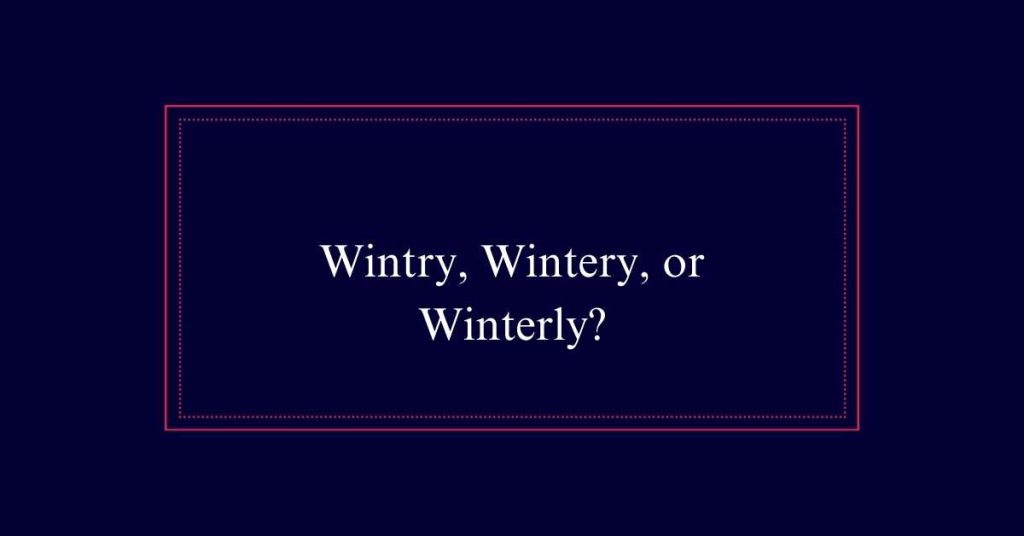
Examples of “Winterly”
Frequently, ‘winterly’ is used to describe weather conditions and scenes that are characteristic of winter, such as cold and snowy environments.
For instance, meteorologists might forecast rain turning into winterly showers. Movies often depict winterly disasters like avalanches to heighten drama. Fashion can also embrace winterly themes, with chic outfits suited for a winterly January day.
Additionally, sensational events like phenomenal winterly disasters capture the essence of harsh winter conditions. Even in everyday descriptions, such as a brunette looking stylish in winterly weather, the term effectively conveys a wintry atmosphere.
‘Winterly’ fits well in various contexts, always emphasizing the cold and snowy aspects of winter.
Contextual Differences
Each term—wintry, wintery, and winterly—brings a unique nuance to descriptions of cold, snowy conditions.
‘Wintry’ is often used to describe actual winter weather or a chilly atmosphere, such as ‘sunny filming locations need to look wintry.’
‘Wintery’ emphasizes a resemblance to winter, often in storytelling or settings that mimic winter, like ‘late filming start to make Westeros look wintery.’
‘Winterly’ conveys characteristics of winter, often used in more poetic or descriptive contexts, such as ‘movies featuring winterly disasters.’
Impact on Storytelling
Weather descriptions greatly impact the atmosphere and mood in storytelling. Using terms like “wintry,” “wintery,” and “winterly” can evoke distinct visuals and feelings. Each word brings specific imagery and emotional undertones that enhance the narrative. For instance, “wintry” might convey harsh, cold conditions, while “wintery” suggests a picturesque, snowy scene. “Winterly” can depict a more general sense of winter’s characteristics.
| Term | Associated Imagery |
|---|---|
| Wintry | Cold, harsh, snowy |
| Wintery | Picturesque, snowy landscape |
| Winterly | General winter characteristics |
| Wintry | Coastal cities chilled |
| Winterly | Winterly showers, stylish outfits |
Choosing the Right Term
Selecting the appropriate term—’wintry,’ ‘wintery,’ or ‘winterly’—depends on the specific imagery and mood you wish to convey in your narrative. Each word has subtle differences in meaning and usage:
- Wintry: Best for describing genuine winter conditions, such as cold, snowy weather.
- Wintery: Ideal for evoking imagery that resembles winter, like a snowy landscape.
- Winterly: Suitable for capturing the essence of winter, often used in more poetic or descriptive contexts.
- Context Matters: Choose based on whether you need to convey actual weather, a winter-like scene, or a winter-themed atmosphere.
- Consistency: Maintain consistency in your choice to avoid confusing your readers.
Final Thoughts
Ultimately, choosing between ‘wintry,’ ‘wintery,’ and ‘winterly’ hinges on the specific tone and imagery desired for your narrative.
‘Wintry’ typically conveys a direct association with winter, emphasizing cold and snowy conditions.
‘Wintery’ suggests a resemblance to winter, often used to describe landscapes that evoke the season.
‘Winterly’ characterizes weather or scenarios typical of winter, such as cold spells or storms.
Each term serves a unique purpose, contributing distinct visual and emotional layers to storytelling. Your choice should align with the desired atmosphere and mood you aim to create.
